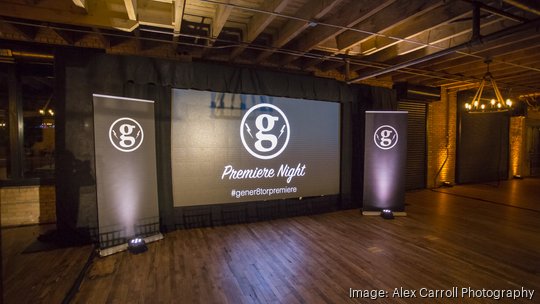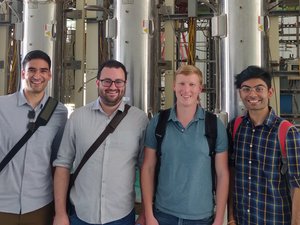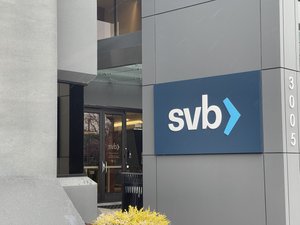
After receiving more than 400 applications from startups from around the country, gener8tor, a startup accelerator based in Madison, has selected the next five companies that will enter its sustainability cohort.
First announced in late 2021, gener8tor's first Sustainability Accelerator, a three-month program that helps scale startups that are tackling climate change, launched in Chicago last year with five companies, marking the Midwest startup accelerator's first-ever Chicago-based program.
A fall 2022 cohort quickly followed, introducing more six startups to the gener8tor family.
Now in its third iteration, the hybrid program has announced its next cohort of companies at a time when venture capital funding for climate-tech startups has slowed to its slowest pace in nearly three years, according to data from PitchBook. The sector saw a 36% decline in deal value and a 31% decline in deal count count in the first quarter from the previous quarter. From its peak in Q3 2021, quarterly deal value has fallen more than 50%, according to PitchBook.
Some estimates show that funding for climate tech sits at under $2 trillion, well short of the $8 trillion needed by 2050. Gener8tor wants to help close that gap.
Through its biannual program, gener8tor invests $100,000 in each startup in exchange for equity.
The startups — which include Chicago-based Demi — focus on areas that include combating food waste, addressing solar supply-chain issues and microplastics, and improving renewable deployment and energy forecasting.
Demi aims to simplify composting through its compost-as-as-service system, which provides a tech-enabled solution for both residential and commercial buildings.
Founded by Lily Wang and Andrew Lee, Demi wants to address the inconvenience, labor and space issues that prevent some people from composting. Founded out of the University of Chicago, the company currently operates at UChicago's Harris School of Public Policy and in JeffJack Apartments.
Now, however, Wang thinks it's time to scale the company's model and is excited to work with gener8tor to get it there.
"Gener8tor has a lot of experience in go-to-market strategy," she told Chicago Inno. "Companies like Itselectric and Rego and Blip Energy have all taken similar approaches to scaling through property networks in urban areas."
Other companies featured in the spring cohort include:
- SilisiumTech Inc.: a startup looking to cut the costs of manufacturing solar panels.
- REint: a startup developing a suite of AI-powered tech to drive renewables penetration, boost grid resiliency and reach a net-zero grid.
- Baleena: producer of a low-cost a microfiber trapping device.
- Asoba Clean Energy: a startup whose mission is to power Africa's commercial and industrial sectors with automated, clean-energy based virtual power plants.
Alex Zorn is a Chicago Business Journal staff reporter who also writes about startups and technology for Chicago Inno.








